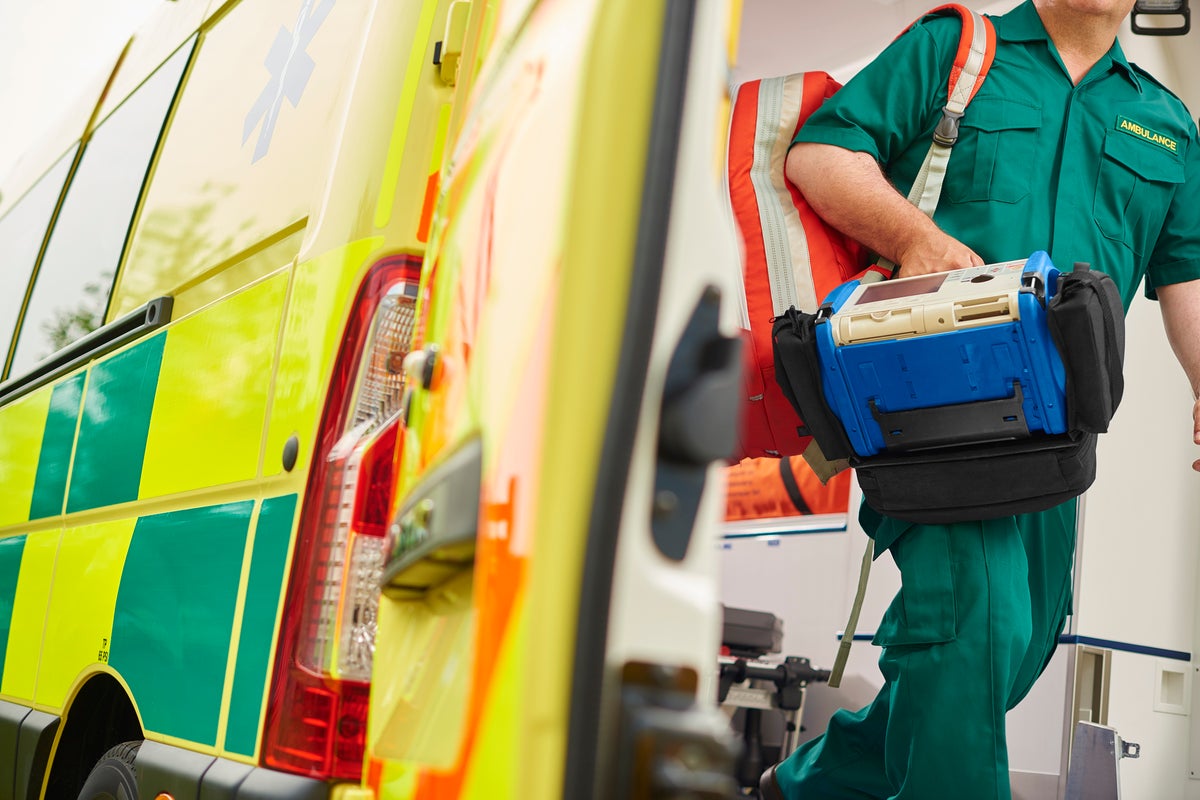New research has revealed that NHS 999 staff are resigning and experiencing burnout as a result of the “relentless pressure” of calls.
According to figures obtained by Unison from ambulance services, there are high turnover rates among call handlers. Staff members attribute this to a lack of support and the constant stream of distressing calls, which frequently forces them to take sick leave.
The report, which was released today at the union’s annual conference in Liverpool, revealed the toll on the workforce, with over a quarter of NHS ambulance control room staff leaving their jobs in the last three years.
According to the research, call handler illness resulted in more than half a million days lost in the three years beginning in April 2021.
The figure for 2023/24 alone was 166,940, which equates to more than a month of sick leave for each 999 call handler.
The union claims that high staff turnover and increased sick leave are hurting patients.

It often means people are having to wait longer for 999 staff to answer calls or for their emergency to be properly assessed and dealt with.
Unison general secretary Christina McAnea said: “These findings paint a bleak picture of the conditions faced by 999 control room staff.
“TV programmes about ambulance services don’t show things as they really are. Call handlers are under immense pressure, making split-second decisions that directly affect lives.
“They handle relentless calls, often from people in distress, while dealing with complex emergencies and with limited resources.
“Despite their crucial role, 999 call handlers frequently face emotional strain and operate in an environment where support is sometimes lacking. The job is rewarding, but the challenges behind the scenes are far greater than most people realise.
“It’s bad for morale and for patients when so many staff quit or are burnt out. Callers who dial 999 need to know the person picking up the phone is ready to deal with their crisis.
“Ambulance employers must do more to protect the health and wellbeing of staff who provide such high stakes support.
“This would help create a more stable emergency service that can retain the skills and experience of emergency call handlers, and persuade people to stay in the job for longer.”
The data was from 11 ambulance trusts.


